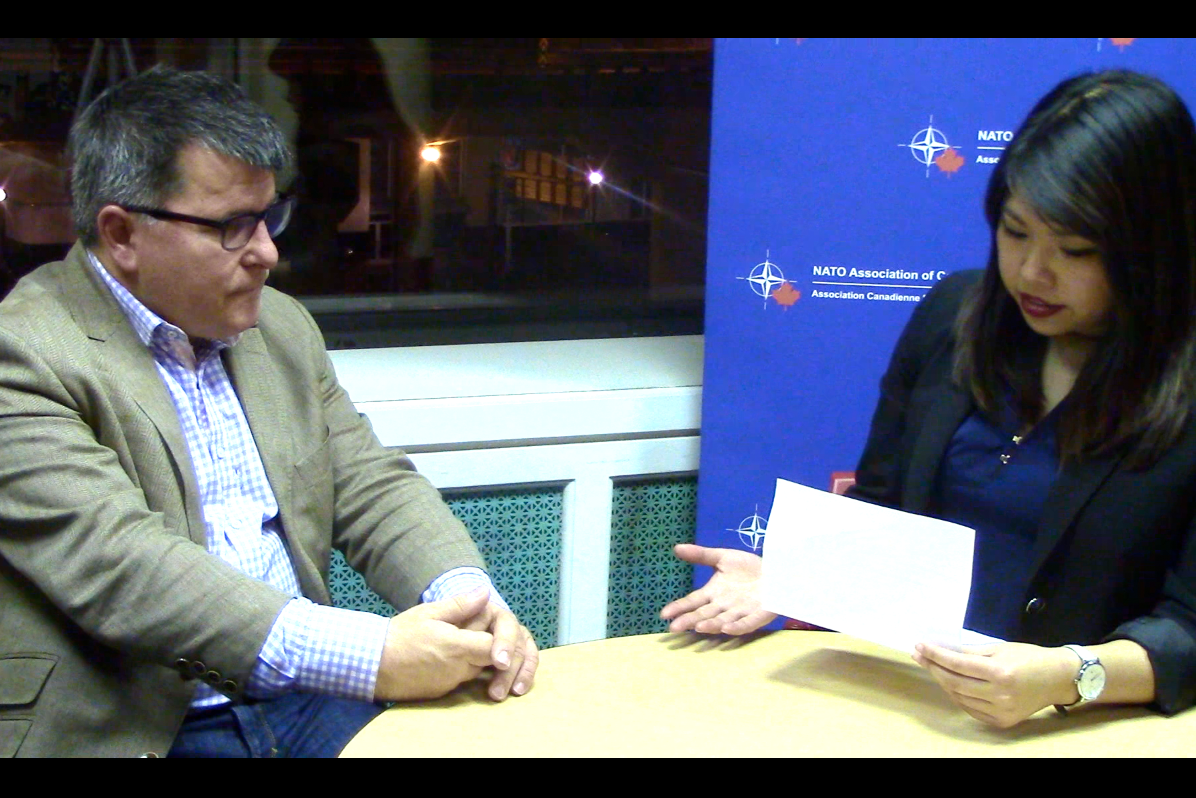As Europe continues to grapple with its struggling economy, it has become increasingly common to hear two divergent predictions about Europe’s future. With the status-quo deemed unsustainable in the eyes of many, it is often argued that the EU must either establish a more comprehensive union, or begin a process of at least partial disintegration. These divergent prescriptions and predictions are far from impossible, but remain unlikely for the foreseeable future. The events of recent years demonstrate how adept European authorities have become at sustaining a seemingly untenable status-quo. Once the process of European integration is distinguished from the rhetoric surrounding it, it becomes less clear that the region’s current struggles will precipitate a significant change in either direction.
[captionpix align=”right” theme=”elegant” width=”300″ imgsrc=”http://natoassociation.ca/wp-content/uploads/2013/07/euro2.jpg” captiontext=””]
Much of the recent rhetoric predicting a decline of European regionalism revolves around the Eurozone crisis. Many commentators have exposed the inherent contradictions of a monetary union without a unified fiscal authority. Countries like Greece accumulated significant trade deficits without incurring the inflationary consequences that a national currency would have imposed upon them. Contrary to the deluge of misleading and simplistic commentary deriding the supposedly profligate Mediterranean states, the sovereign debt crisis was a realization of the structural contradictions of the Eurozone rather than the fault of individual debtor states. Regardless of the cause, a compelling case can be made that Greece, and perhaps other crisis-ridden countries, would have fared better by exiting the Eurozone, foregoing austerity, and enduring inflation. The fact that this did not occur is a testament to European leaders’ commitment to retaining what they see as the gains of integration, namely political stability and economic openness. As if to demonstrate their conviction, European authorities recently exerted a great deal of energy in a successful effort to keep the miniscule Cypriot economy in the Eurozone. This insistence on sustaining the Eurozone in spite of it all should serve as an indication that, when it comes to Europe’s future, not even objective economic circumstances can serve as a reliable basis for prediction.
On the other side of the spectrum, some observers claim that Europe’s recent troubles illustrate the need for more integration, not less. It is argued that the problems of Europe’s monetary union can be solved through the creation of a fiscal union. The most obvious obstacle to this would be the objections of individual member states on the grounds of sovereignty, but there is another important issue to consider. Proponents of a fiscal union understate the extent to which fiscal disparities have been integral to the European economy. Prior to the crisis, the debt-fuelled consumption of peripheral European states like Greece created valuable demand for German exports – not to mention benefiting the financial sector. Germany’s much lauded productivity has been bolstered by keeping wages low and capitalising on artificially high demand from its uncompetitive neighbours. This was not a defect of Europe’s monetary union; it was an essential, though ultimately unsustainable, element of it.
Balanced budgets are always appealing talking points, but European states have not generally pursued an economic model with balanced budgets or balanced trade as its cornerstone. Germany has relied on a massive trade surplus, the non-Eurozone United Kingdom has become wholly dependent on its financial sector, and peripheral states have relied on debt-based consumption or property bubbles. The differences between these models, and the varying consequences of their failure, render a true fiscal union unviable and establish limits to European integration.
In practice, fiscal authority has been centralized through the imposition of austerity on indebted countries, but this can hardly be described as a union of any kind. Instead, it is an effort by core European states – particularly Germany – to protect European creditors and preserve the monetary union through the exertion of political power. The long term wisdom of Germany’s ‘beggar thy neighbour’ approach to the Eurozone crisis is questionable, but it demonstrates how European decisions are being channelled through national governments. Individual states are left to manage the grievances and demands of their own populations while operating under the constraints of regional authorities. Under this arrangement, the stability of the regional economy is maintained through supranational governance, while the region’s various socio-economic conflicts and concerns are managed at the national level. In this sense, the process of European economic integration is simultaneously supranational and international, and there is little reason to believe that either of these components will be curtailed or transcended.
European integration is more than a liberal project aimed at staving off nationalist politics and economic autarky. Beyond its ideological edifice, it is a multilateral attempt by individual states to manage a diverse regional economy. States have ceded some of their political sovereignty and territorial competition, but state boundaries still demarcate socially and economically distinct spaces. Individual governments must continue to grapple with their idiosyncratic interests and internal conflicts. Thus far, dispersed national authority has been the most effective means of managing the socio-economic variations of Europe’s regional economy. Consequently, so long as the European economy’s fault lines lie roughly along state boundaries, it is unlikely that Europe will embark on the road to federalism. Although they often complement each other, the rhetoric of liberal-internationalism and the actual process of European integration do not always coincide, and it is important not to mistake the former for the latter when predicting the region’s future.




